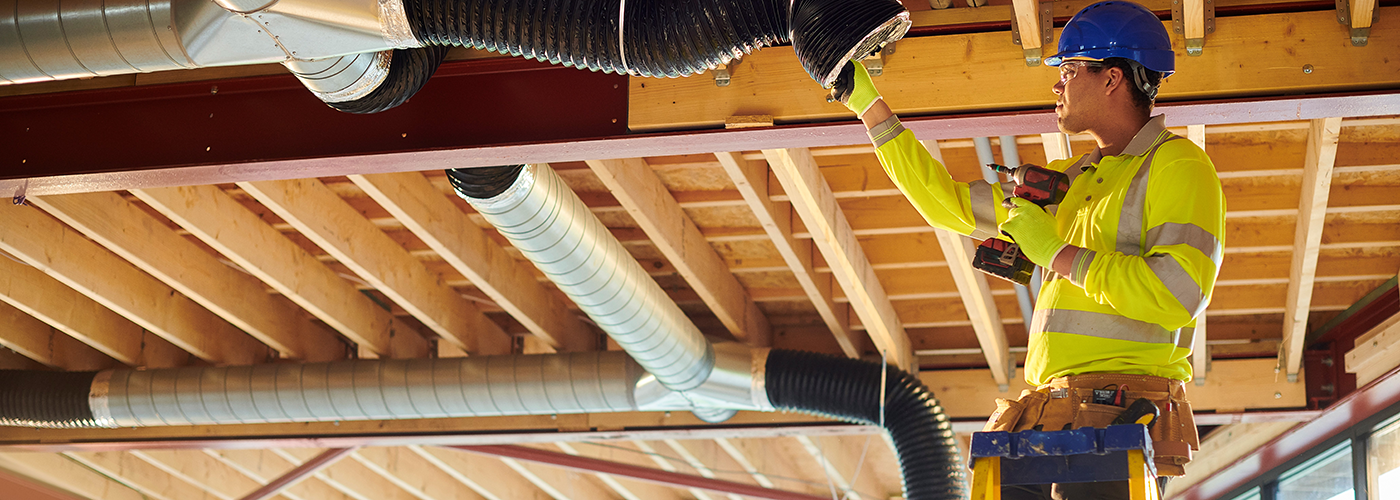test
Through coursework and hands-on training, learn how to install heating, ventilation, air conditioning and refrigeration systems for both residential and commercial applications.
C.A.S. or A.A.S. in Heating, Ventilation, Air Conditioning and Refrigeration
Students in the Heating, Ventilation, Air Conditioning and Refrigeration program at Gallatin College MSU have the opportunity to either pursue an one-year Certificate of Applied Science to become a HVAC-R Installer or a two-year Associate of Applied Science degree to work as a HVAC-R Technician. Both degrees teach the theoretical, technical and procedural aspects of working in the HVAC-R industry, with special emphasis on residential systems as well as advanced instruction on commercial systems and new technology. At the end of the program, HVAC-R graduates will be prepared to immediately enter the thriving, lucrative construction industry with vital skills.
The Heating, Ventilation, Air Conditioning and Refrigeration program is part of Gallatin College MSU, southwest Montana’s two-year college.
Important: This program has limited openings and has been at full capacity in recent years, please apply early and contact Gallatin College for further information if interested.
Accelerated Time to Degree
Students are ready to enter into a career in one year after completing the HVAC-R program at Gallatin College.
High Demand for Graduates
There is a high demand for graduates in this field as the construction industry continues to thrive in the Gallatin Valley and beyond.
Flexible Schedule
Most students work full-time and class schedules usually accommodate students with responsibilities outside of school.
Grow Your Career Prospects
HVAC-R students at Gallatin College MSU who continue onto the second year will learn to:
- Plot the cooling, humidifying, dehumidifying, cooling cycle, and cooling reheat processes
- Calculate “U” values, lighting load, equipment load, heat load, and moisture load. Determine air flow and velocity
- Troubleshoot, repair, and maintain HVAC-R equipment
- Gain a knowledge and understanding of control system
- Develop and utilize professional communication skills
- Identify energy sources and consumption; Evaluate conventional and advanced energy conversion technologies
Prepare for Success
Within the first year of the program, HVAC-R students at Gallatin College MSU are able to:
- Explain the fundamentals, similarities, and differences of HVAC-R systems within residential and commercial buildings
- Interpret blueprint plans and ladder wiring diagrams
- Adhere to safety rules and regulations according to industry policies and laws; appraise workshop environments and apply correct practices when utilizing tools, equipment and substances
- Utilize proper welding, brazing and pipe-joining techniques
- Demonstrate installation on techniques utilized in the industry
- Comprehend parallel and series circuit systems

